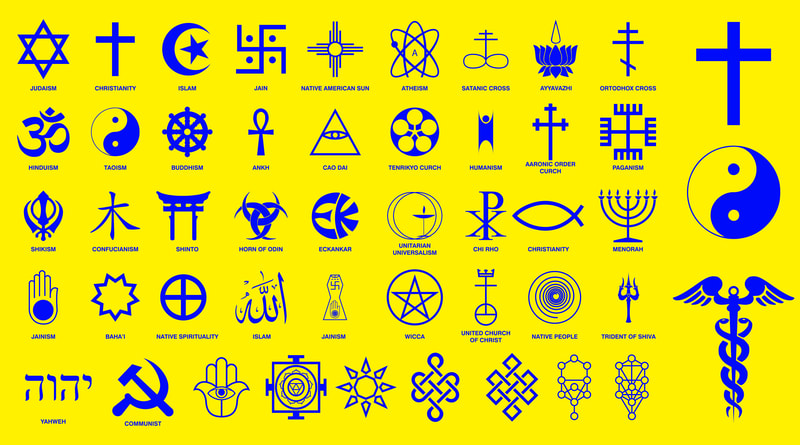1. To explain the world: Many religions have developed as a way to make sense of the world and its mysteries. They offer explanations for things like natural disasters, illness, death, and other aspects of human existence that may seem inexplicable or frightening.
2. To provide a sense of community: Religion has often been a way for people to come together in a shared belief system and form a sense of community. This can be especially important in times of hardship or difficulty, as people may turn to their religion for comfort and support.
3. To provide moral guidance: Many religions offer a set of moral or ethical guidelines for how people should live their lives. These guidelines can help people navigate difficult ethical dilemmas and make choices that are in line with their values.
4. To provide a sense of purpose: Religion can provide people with a sense of purpose or meaning in life. It may offer a vision of what life is ultimately about and what the individual's role in the world is.
5. To address spiritual needs: Many people feel a sense of spiritual longing or connection to something greater than themselves. Religion can offer a way to explore and fulfill these spiritual needs.
These are just a few of the reasons why religions have developed. It's worth noting that religion has played different roles in different societies and cultures throughout history, and its importance and function can vary widely depending on the context.
While religious explanations may provide comfort, meaning, and a sense of community for many people, they are often based on faith and cannot be tested or verified in the same way that scientific explanations can. For these reasons, scientific explanations are often considered superior when it comes to understanding and explaining the natural world.


 RSS Feed
RSS Feed